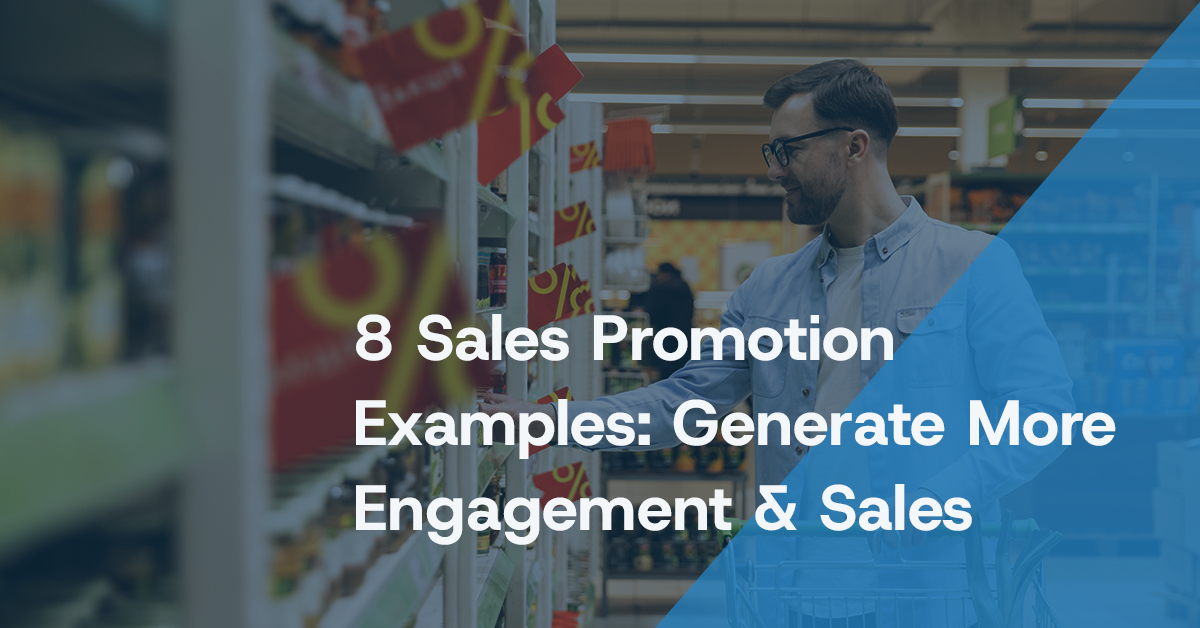Co-branding is a strategic marketing and advertising partnership between two brands, in which the promotional ‘whole’ is expected to be bigger than each individual brand’s ‘sum’. Promotional co-branding can be an effective way to increase public awareness of each partnering brand, break into new markets, and create value for all parties – including the consumer.
They Generate a Bigger Buzz:
When brands get into bed with one another, people naturally are curious about the outcome of such a collaboration. This kind of partnership gets people talking, and sharing their thoughts socially – not only does this chatter build a buzz on social media, but it can send a lot of traffic to both parties’ websites, enhancing the visibility of the other products and services that each brand is selling – apart from the new promotion.
Google introduced the latest version of its operating system, Android Oreo, in a fun co-promotion with the Oreo cookie brand… and the moon! Timing the launch with the highly anticipated solar eclipse, Google and Oreo created a superhero named Android Oreo, who originated from the eclipse, per corporate canon. The co-branding initiative, which also had an exclusive run of custom Oreo cookies, created innovative, playful experiences for both Oreo and Android fans, including a drone launch and videos to keep the buzz for both brands alive.
They Introduce Each Other to New Customers:
Co-branding allows two companies to bring each others’ brand equity and customer base to a common table. The more diverse these two factors are, the wider the potential net that each can cast for new customers. Well designed co-branded promotions can create marketing environments in which both brands can strategically reach demographics and regions in which they may not normally compete, providing each with more exposure and, hopefully, more customers.
Hotel brand Best Western united with the iconic motorcycle company, Harley Davidson, in an unusual marriage, to offer their motorcycle riders exclusive reward cards that give them special treatment at Best Western hotels — enticing them to choose the hotel chain while out traveling the country.
Fashion house Nina Ricci and famous French pastry maker, Ladurée created an inspired, co-promotion to create a scent inspired by macaroons – and a macaroon inspired by scent! Two strong brand identities married to inspire a swathe of new customers.
Red Bull entered into a co-branding partnership with Walmart to target the Xbox consumer demographic and drive sales. To enable this, Snipp created a promotion on its SnippCheck platform where consumers who purchase any Xbox subscription plus a Red Bull in a single transaction at Walmart can text or email their receipts to get a one-month Xbox subscription.
They Can Help Build a More Desirable Brand Image:
A well-matched co-branding initiative can bolster the image of each brand, revitalizing each in a new, more impressive light, convincing consumers to discard previous perceptions.
Tech giant Apple created a high-end special edition of its Apple Watch in collaboration with luxury brand Hermès, giving each brand a boost in image perception. For Hermès, the match with Apple added youthful modernity to its appeal, while Apple gained a patina of extravagance and exclusivity.
They Can Borrow Goodwill and Social Value Equity:
Consumers increasingly expect brands to share their social values – so co-branding allows established brands, who have grown without a well-defined social-purpose strategy, to develop one in partnership. These brands can make an impact by helping generate the resources required to address a social need, or by throwing their marketing weight behind a social cause.
Coca-Cola entered into a multi-stakeholder partnership for its EKOCENTER initiative in Africa, through which it creates community centers — with clean water, solar power, and internet access among other services –that house markets run by local female entrepreneurs.
Beer brand Stella Artois created a partnership with Water.org, to sell limited- editions of its bottles or cans, proceeds of which go towards providing access to clean water in developing countries. Stella Artois also provides in-store POS materials and digital advertising support to increase awareness of this cause.
They Get Better Retail Support:
Co-branded promotions can have a huge impact on retail distribution, opening up new places to sell products and gain shelf space. Why? Because retailers like co-branded promotions, since they emphasize more than one product, offer more in-store merchandising opportunities, and create compelling packaging and marketing materials – all helping to create additional sales.
Henkel, GlaxoSmithKline and Scotties created a co-branded promotion for cough and cold season, requiring consumers to make multiple product purchases of Dial, Scotties, Theraflu, and Triaminic brands — in a single transaction — in order to win prizes. Snipp validated all purchase receipts submitted via its patented receipt processing platform, and provided reward codes to qualifying entries. The promotion drove basket and market shares of all three companies.
They Can Offer Better Incentives for Lower Costs:
For a smaller brand, partnering up with either one larger brand, or several small brands can help spread the costs – and enhance the offerings – of a promotion. By pooling together resources like marketing budgets and staff, the overall burden on each partner can be reduced despite an increased promotional spend. Co-branded sweepstakes and contests are excellent examples of how smaller and medium sized brands can come together to create truly attractive rewards and incentives that get consumers excited to participate, and willing to hand over their personal information. The best part for partnering brands? They get all of the benefits of an expensive marketing promotion, at only a percentage of the cost.
E-Commerce brand Shop Latitude teamed up with five other companies to create an appealing prize package for a Facebook promotional contest, offering participants a vacation in Mexico, airline vouchers, a $1,000 shopping spree and an “Elite Travel Membership” as part of a packaged reward.
CO-BRANDING CONSIDERATIONS
Choose the Right Partner:
When looking to initiate a co-branding partnership, the choice of partner is the most important consideration. Whether choosing a brand partner that expands or complements an existing consumer base, the partnership should make sense overall and create a win-win-win relationship for the consumer and both brands. But, just like how any positive ‘halo’ effects would be shared among partner brands, so too would potential negative issues: since consumers naturally associate collaborating brands with each other, the association should help – not hurt – each partner. For this reason, choose wisely…
…. Based on What Makes Strategic Sense:
Co-branding can be a great way to reach new markets, but if the partnership leaves consumers scratching their heads, it becomes an expensive waste of promotional capital. Good co-branding partners should have shared values, with customer bases that would show interest in each other’s products — making them good leads for both.
GoPro & Red Bull launched a highly successful partnership based on their shared positioning as risk-taking and adventurous lifestyle brands, with each brand’s products complementing and enhancing the enjoyment of the other’s.
…. Based on Built-in Contrasts to Add New Associations:
Although complementary brands do well together, brand marriages that are built on contrasts — not similarities – tend to produce the most excitement, and have the greatest potential for impact. When brands with different equities come together, they not only build new associations for each partner, they can generate some serious sales!
Target launched a range of items designed by luxury fashion brand Missoni, in a limited edition co-branded collection. The heavy promotion of the line combined with attractively reasonable price points meant it sold out in most Target stores in just one day, generating unbelievable demand and visitor traffic that took down Target’s website. The unusual pairing kicked off a series of similar co-branding initiatives between high end fashion houses and mainstream retailers looking to gain from each other’s market shares.
Create a Unique Offering:
A brand partnership should bring something new to the table, to give the consumer an incentive to engage with the promotion.
Betty Crocker co-branded a series of new products with Hershey’s that generated huge interest among consumers of both brands — as well as those who don’t consume either — due to the curiosity of what the new products would taste like.
Ensure Consistent Branding of Promotional Products:
In order to maintain a level of consistency and overall quality assurance in the branding of a co-promotion, a dedicated microsite is essential. This custom landing page (linked to from both brands’ websites) offers a single location for consumers to access up-to-date information on the promotion, and can also serve as an artwork hub, helping ensure marketing cohesion for products associated with the campaign.
Insect repellant brand OFF! and sunscreen brand Banana Boat wanted to drive sales for the spring/summer season, and build excitement around ‘camping’. Snipp facilitated the partnership and created a highly customized ‘Camp Playmore’ co-branded promotion, with a dedicated, content-filled microsite. As part of the promotion, consumers who purchased qualifying products from both brands could, by submitting their receipts via text, email or web upload, receive gift cards and download codes at a reward store.
Make it Easy to Access, and Integrate with Loyalty:
For promotions that offer a reward incentive, make sure that they fall under each brand’s loyalty umbrella, and that entering and redeeming rewards or loyalty points are as easy as possible. Snipp’s market-leading receipt processing platform, for example, allows consumers to simply text-in pictures of their purchase receipts to be able to gain or redeem loyalty points almost instantly.





